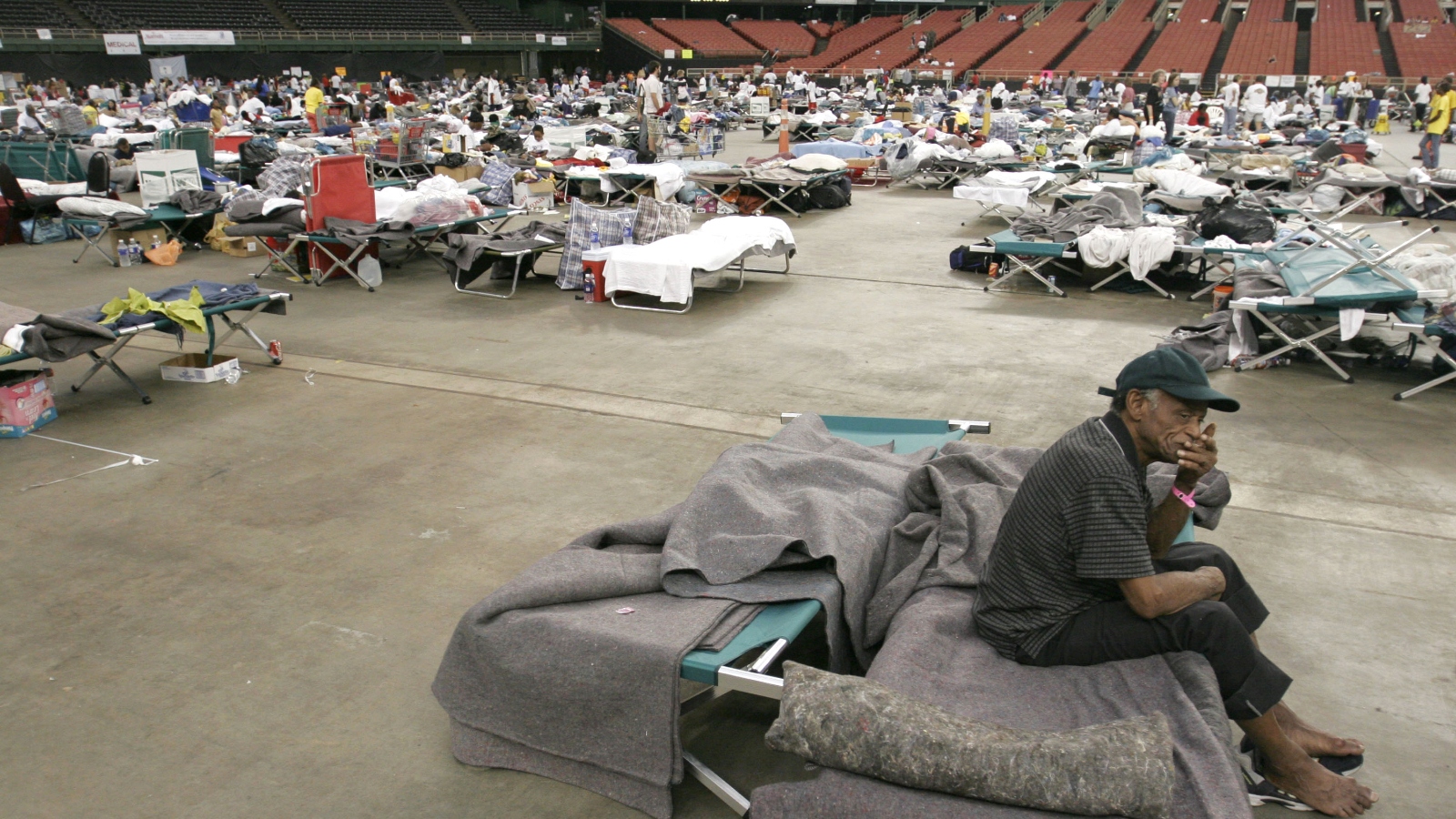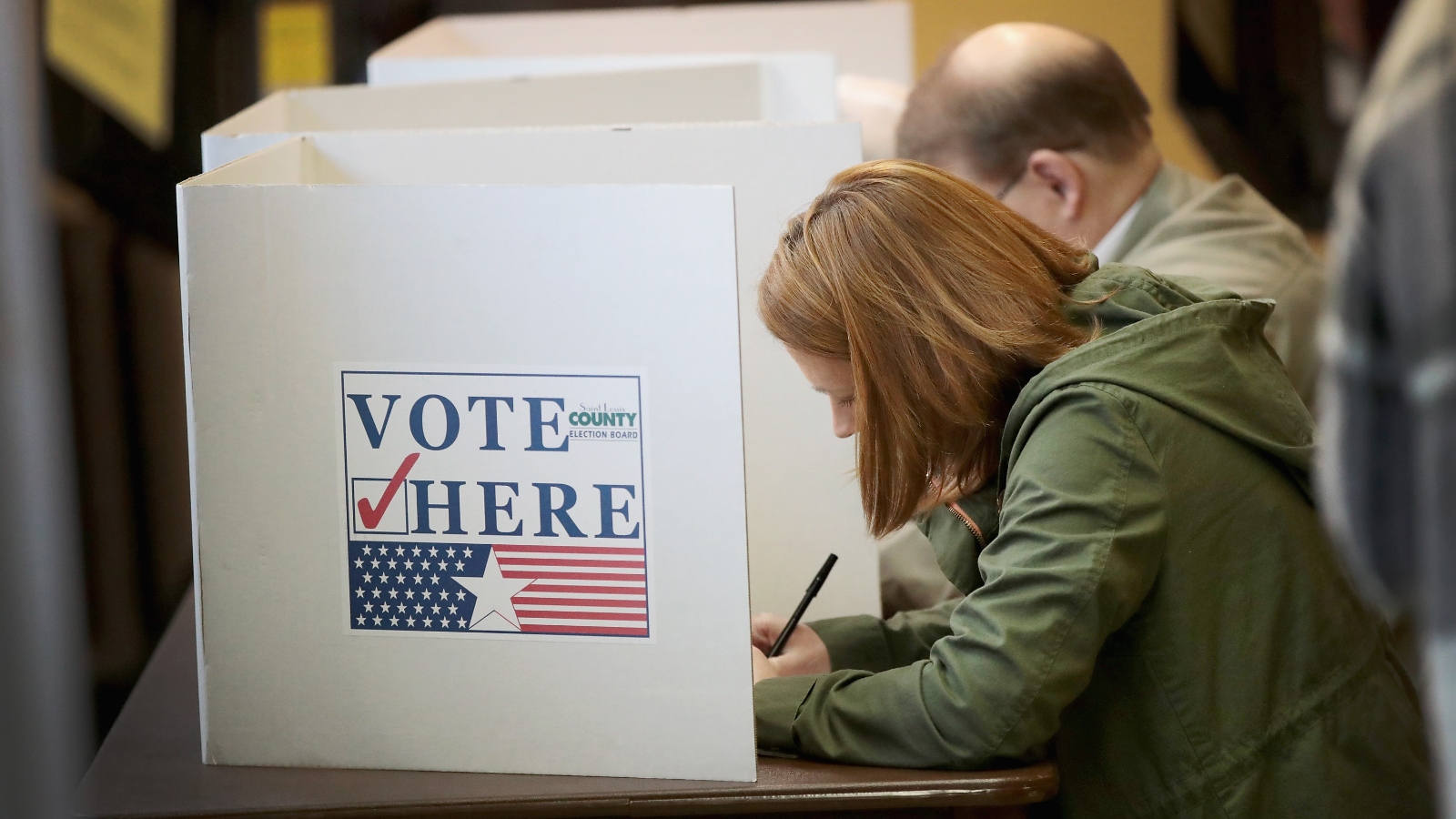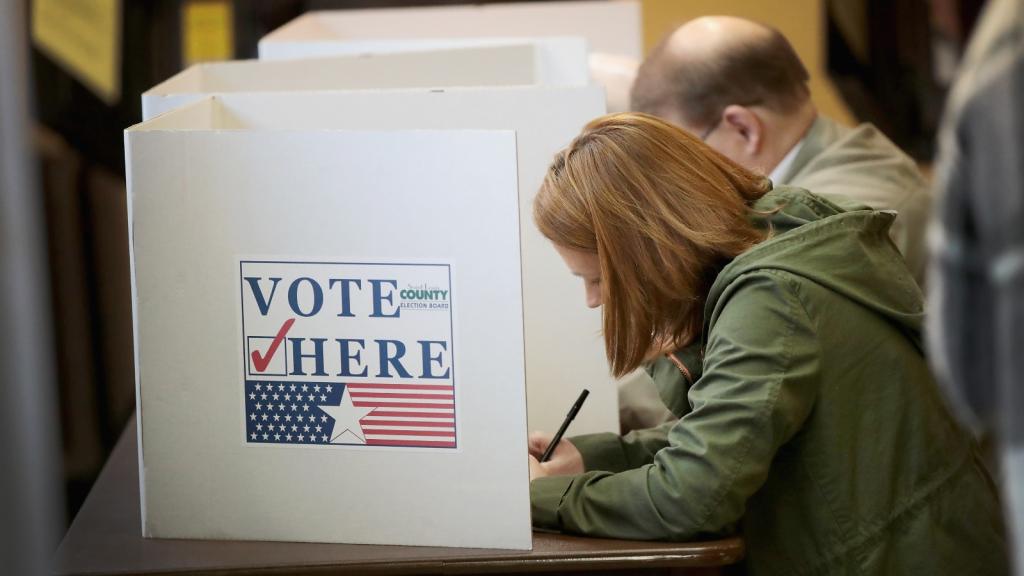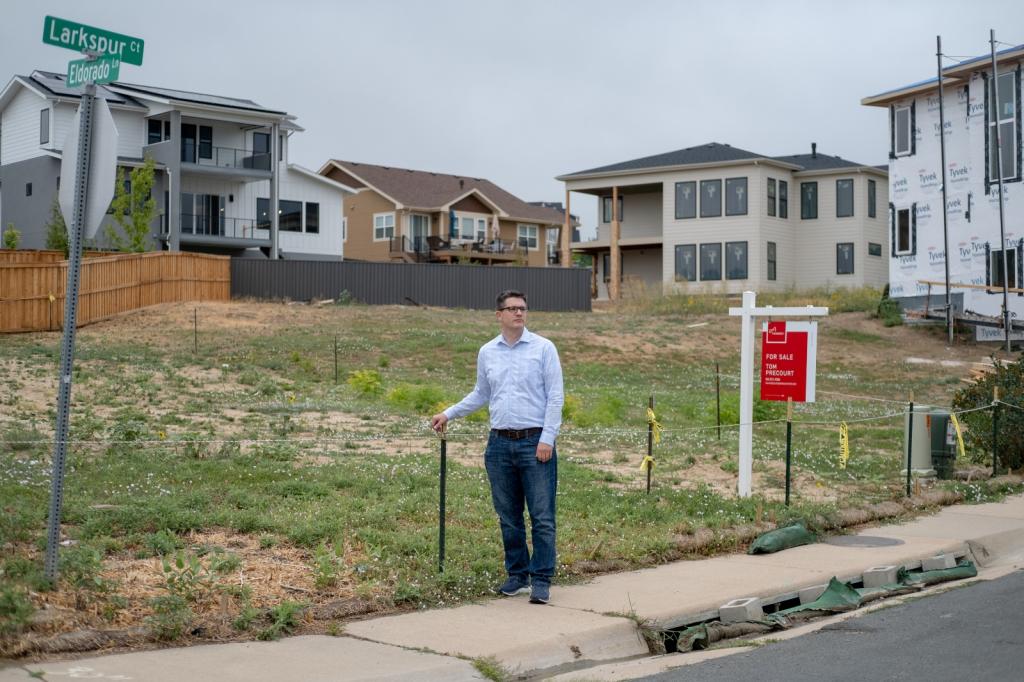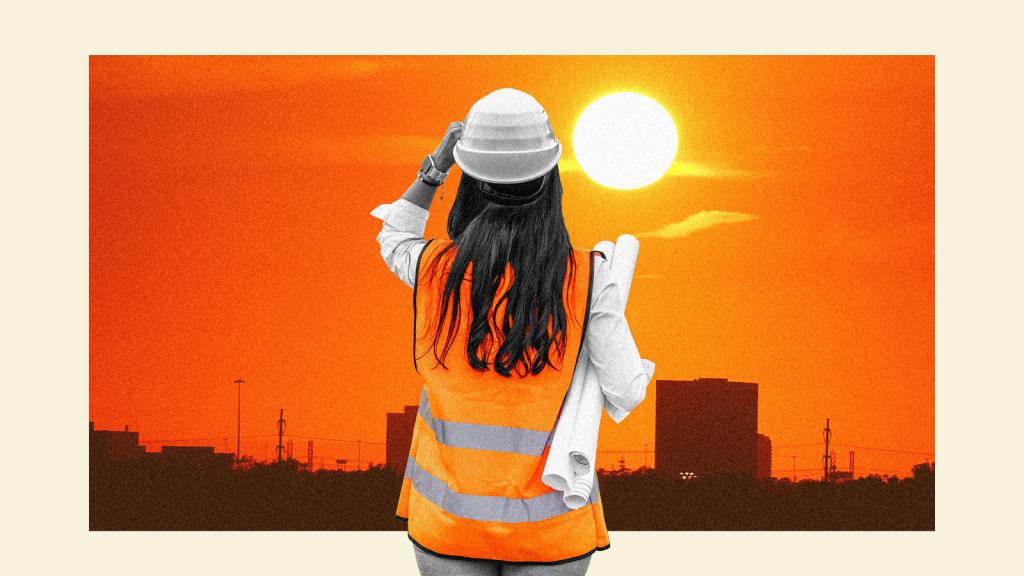State of Emergency
How climate disasters are reshaping elections
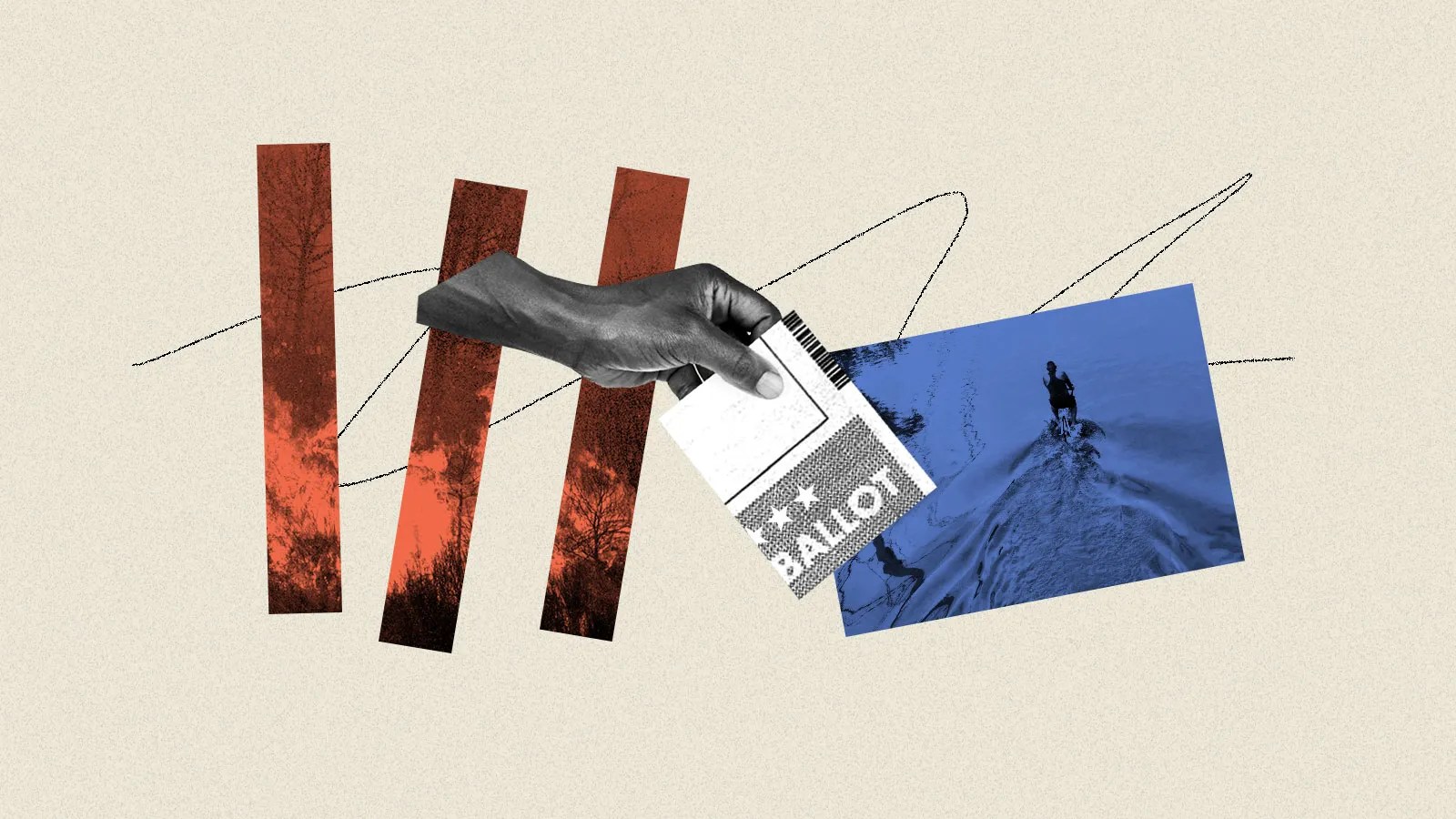
State of Emergency
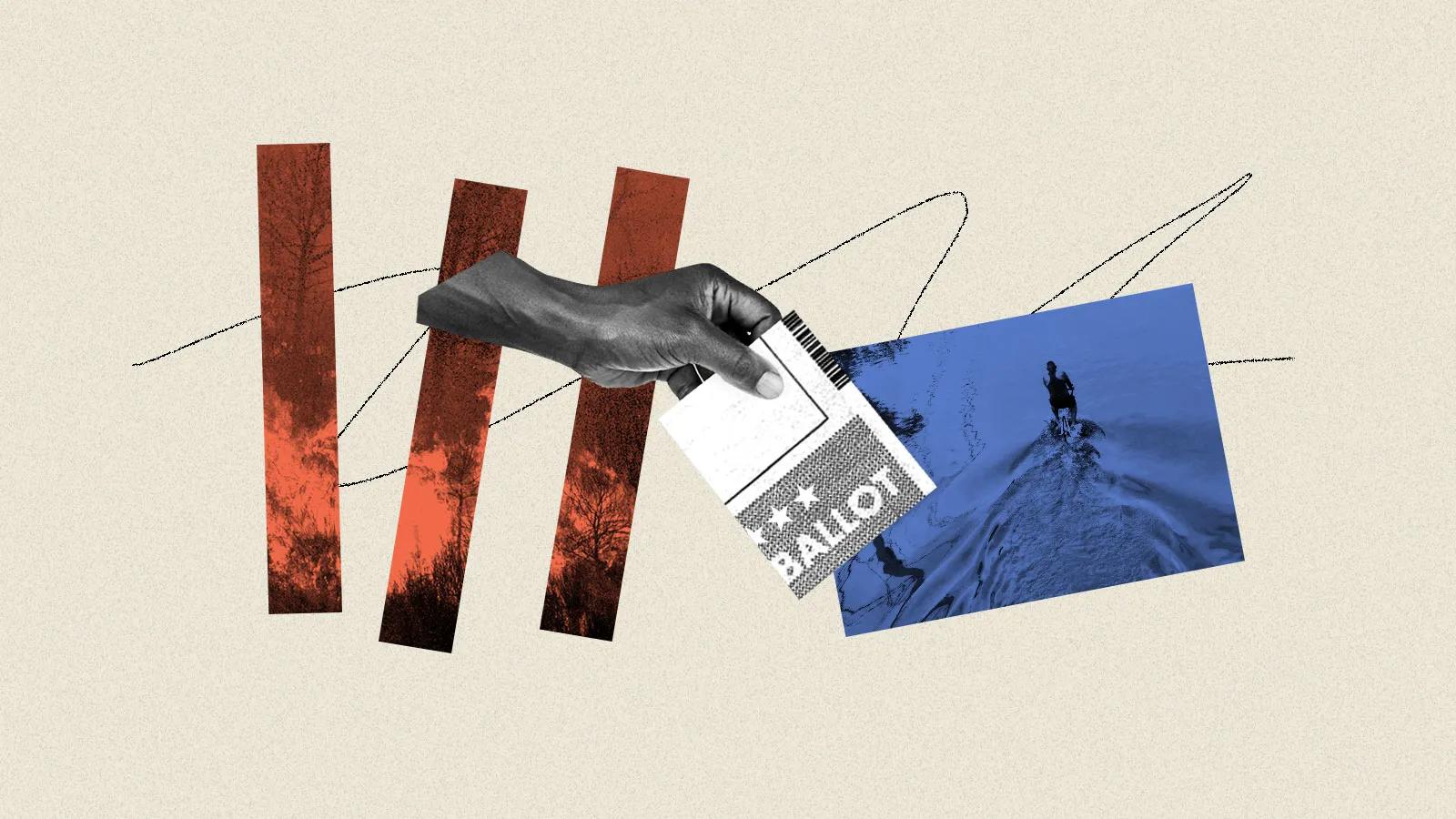
EDITOR’S NOTE
Almost half the global population is heading to the polls this year, and the results in countries like India and France have already been seismic. In the United States, one of the most consequential presidential elections in modern history is hurtling toward a chaotic finish, and the fight for control of Congress and several state legislatures sits on a razor’s edge as well.
As Election Day nears, extreme weather is battering tens of millions of voters in the United States, baking fast-growing cities in Arizona and Nevada in extreme heat and flooding communities in Florida and North Carolina. Even as they upend lives, these climate disasters are also upending the political process — floods destroy polling places, wildfires displace voters for months, and long recovery delays sour voters on local politicians and the federal government. In communities around the country, from deep-red Louisiana to bright blue California, and in races from the city council to the U.S. Senate, climate disasters are exerting a little-noticed but transformative impact on political life.
In our new series, State of Emergency, Grist is examining how extreme weather, being made more intense and frequent by climate change, is impacting people’s ability to vote and their engagement with politics.
Featured
They settled in Houston after Katrina — and then faced a political storm
The backlash against an effort to resettle 200,000 evacuees holds lessons for future disasters.
All stories
-
Your guide to voting after a disaster
How to cast your ballot, in person or by mail, if extreme weather disrupts your life.
-
Extreme weather 101: Your guide to staying prepared and informed
How to pack a go-bag, get emergency alerts, and find disaster aid.
-
How the Marshall Fire sparked a political transformation in Colorado
After the fire destroyed his town in 2021, a state rep took on insurance companies, mortgage lenders, and landlords — and beat them all.
-
Can chief heat officers protect US cities from extreme heat?
Appointed officials have the life-saving solutions the public needs to stay safe from rising temperatures. But they don’t have political power.
